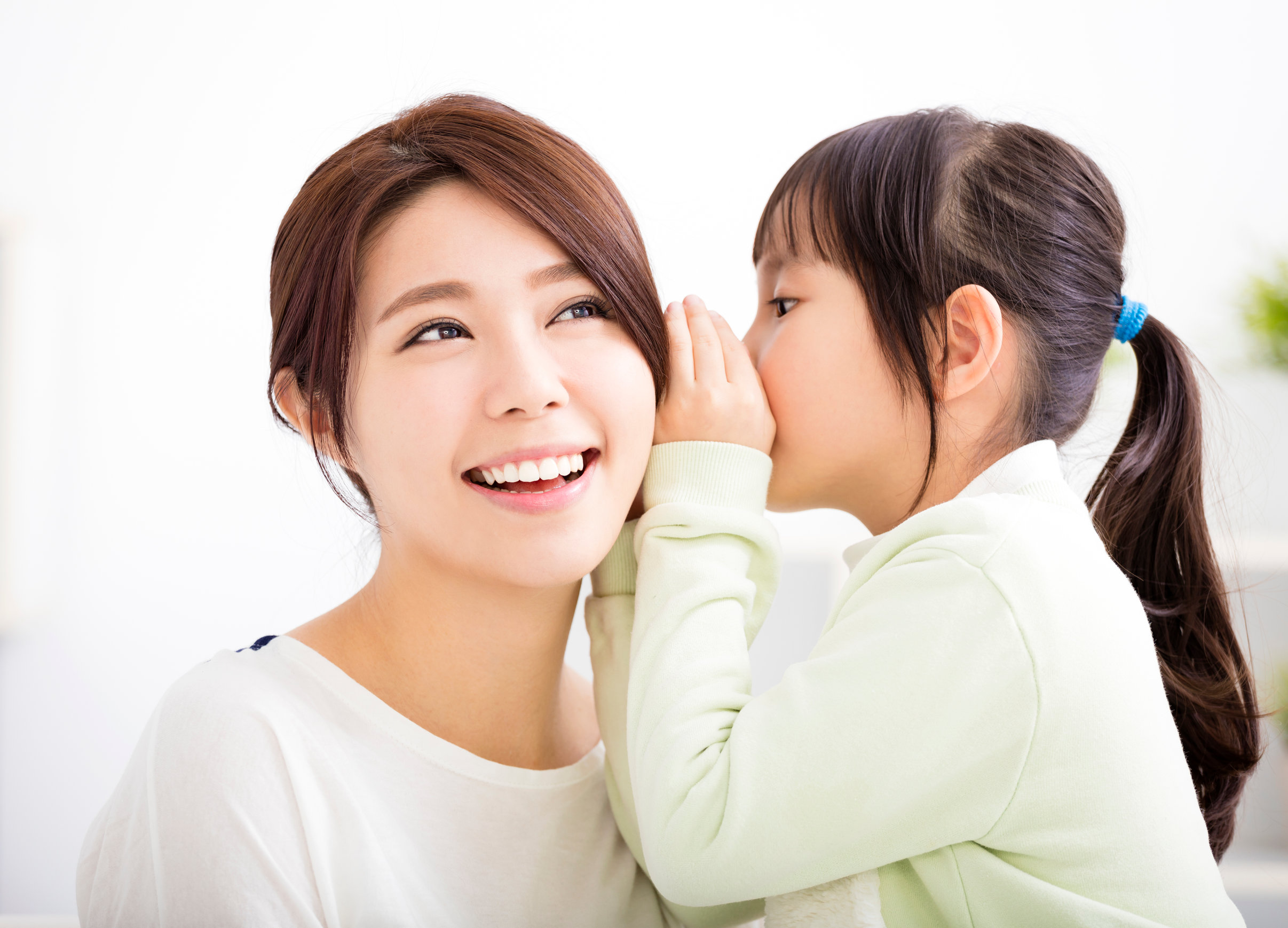Most South Korean mothers want to remain in workforce
- Charles Chau

A Ministry of Health and Welfare survey on 3,127 women who gave birth in 2020 revealed that 59.8% of these employees remained in work throughout their pregnancy to earn income.
Of these women, 63.8% were on maternity leave, while others were either self-employed businesspeople or freelancers. Pregnant women who worked till childbirth accounted for roughly 45% of all new mothers.
Some experts say these figures suggest the need to ensure a more sustainable working environment for new mothers.
New mothers took an average of 30.2 days of postnatal care, but they believed that an average of 71.1 days was the ideal period of time needed for postnatal care.
READ: Workplace safety measures bolstered in South Korea as new law takes effect
About 52.6% of new mothers had postnatal depression in 2021, higher than the 50.3% seen in 2018. Another 42.7% of respondents were highly susceptible to the risk of depression within the first week after giving birth, according to The Korea Bizwire.
The female labour force participation rate in South Korea was 53.77% in 2019, up from the 53.21% in 2018, data from the World Bank showed.






